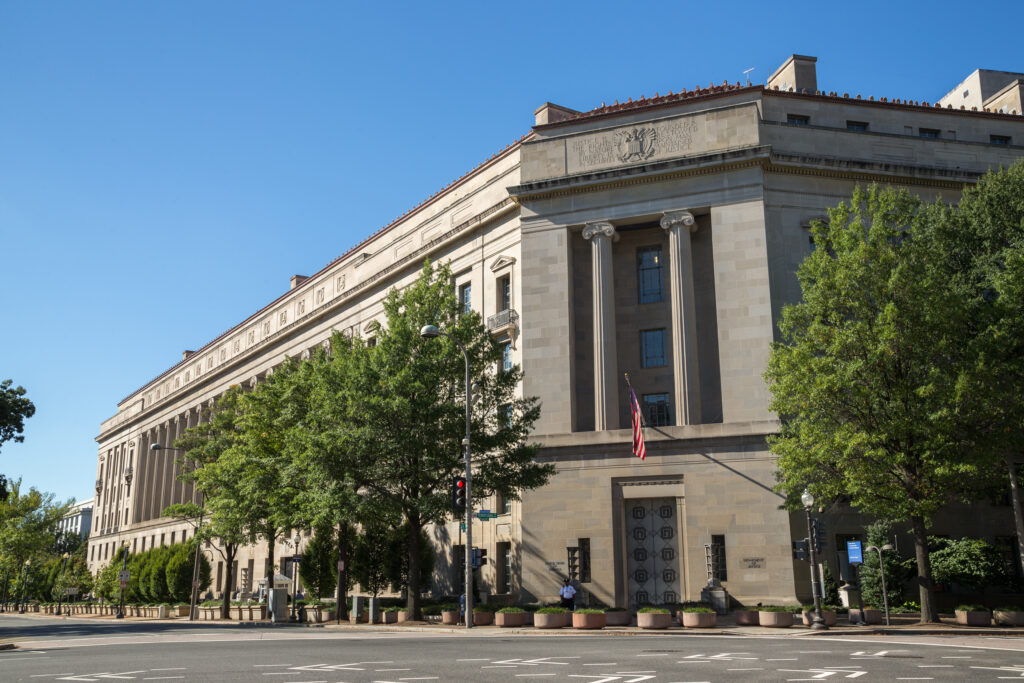DOJ Takes Steps To Improve Voting Accessibility Ahead of Elections
WASHINGTON, D.C. — Yesterday, in anticipation of Election Day, the U.S. Department of Justice (DOJ) announced its plans to monitor voting activities in four states and address accessibility violations in Texas.

The DOJ will monitor an election in Union County, New Jersey as a result of a consent decree (an agreement) reached earlier this year in a lawsuit over New Jersey’s failure to provide adequate assistance, information and election materials to Spanish-speaking voters.
Previously, the DOJ alleged that the county’s failure to provide adequate information to voters with limited English proficiency in Union County violated Section 203 of the Voting Rights Act (VRA), which requires that certain jurisdictions provide Spanish language election materials and assistance to voters with limited English proficiency.
Additionally, the DOJ claimed that by prohibiting these voters from obtaining assistance, the county was violating Section 208 of the VRA, which allows voters who require assistance with voting — due to blindness, a disability or an inability to read or write — to receive help from the person of their choice.
This summer, the parties entered into a consent decree that required the implementation of a “comprehensive Spanish-language elections program.” In addition to federal election monitors and other improvements, Union County will now provide all election-related information in both English and Spanish. The consent decree also ensures that voters will be able to seek assistance from a person of their choice if needed.
Along with Union County, the DOJ will monitor elections in Pawtucket and Woonsocket, Rhode Island; Madison County and Panola County, Mississippi and Prince William County, Virginia to ensure compliance with the VRA and other federal laws.
Also on Monday, the DOJ notified four Texas counties that they are in violation of Title II of the Americans with Disabilities Act (ADA) because their election websites discriminate against people with vision or manual disabilities. In letters issued to Colorado County, Runnels County, Smith County and Upton County, the DOJ explained that the counties’ election websites impose barriers “that limit or deny access to this critical information for users with vision or manual disabilities.”
According to its press release, the DOJ “found that the websites are not accessible to individuals who are blind or have low vision, or who cannot grasp a mouse, and use screen readers, keyboards or other assistive technology” and determined that “on all four of the election websites, menus and links do not function properly for people who use a keyboard to navigate, and posted documents are inaccessible to people who use assistive technologies.”
Since the websites are inaccessible and deny people with vision and manual disabilities equal access to election programs and information, the DOJ asked the four counties to remedy these violations. If the counties do not take steps to comply with the ADA, the DOJ stated that it may take further action.
From monitoring language accessibility in Union County to demanding that Texas take steps to comply with the ADA, it is clear that the DOJ will play a critical role in ensuring that today’s elections and future elections are open and accessible to all voters.
Read the press release about election day monitoring here.